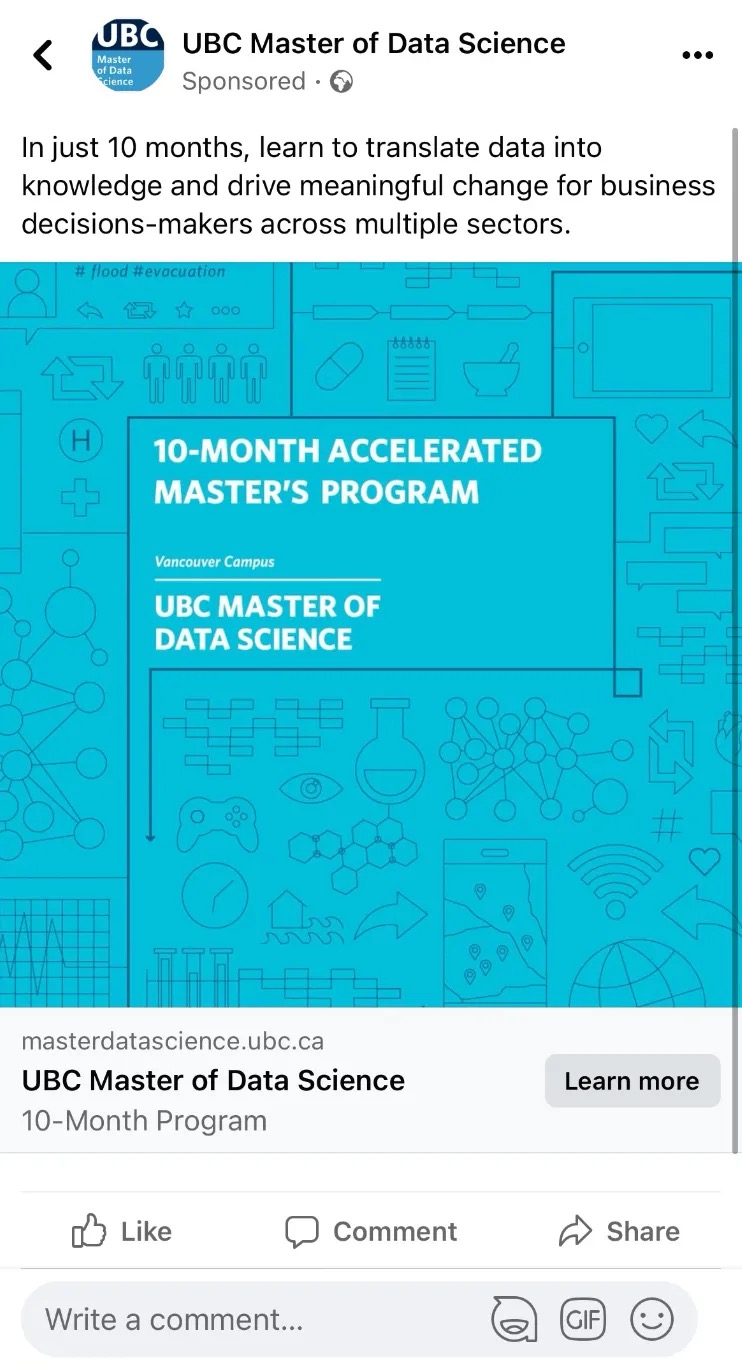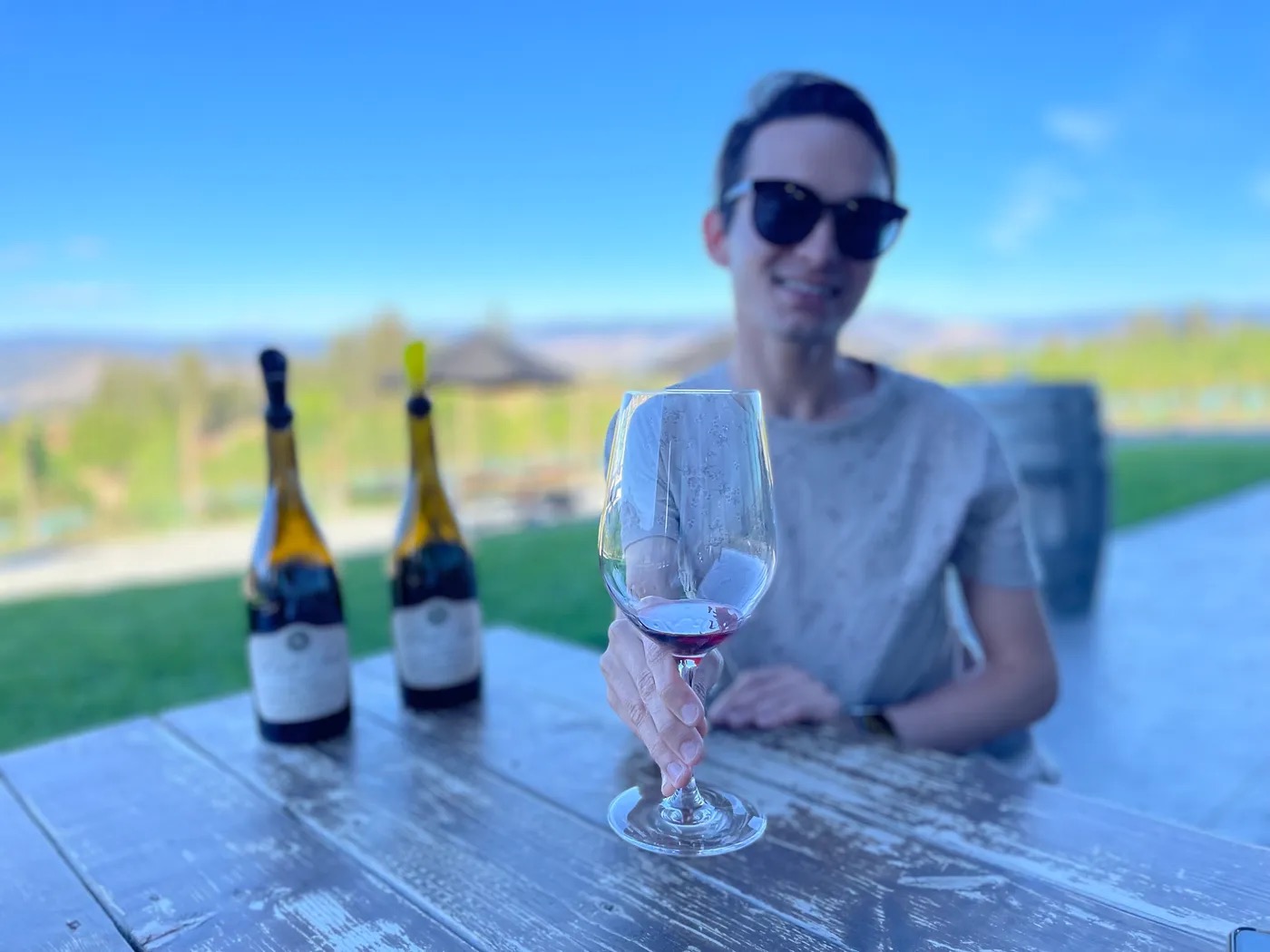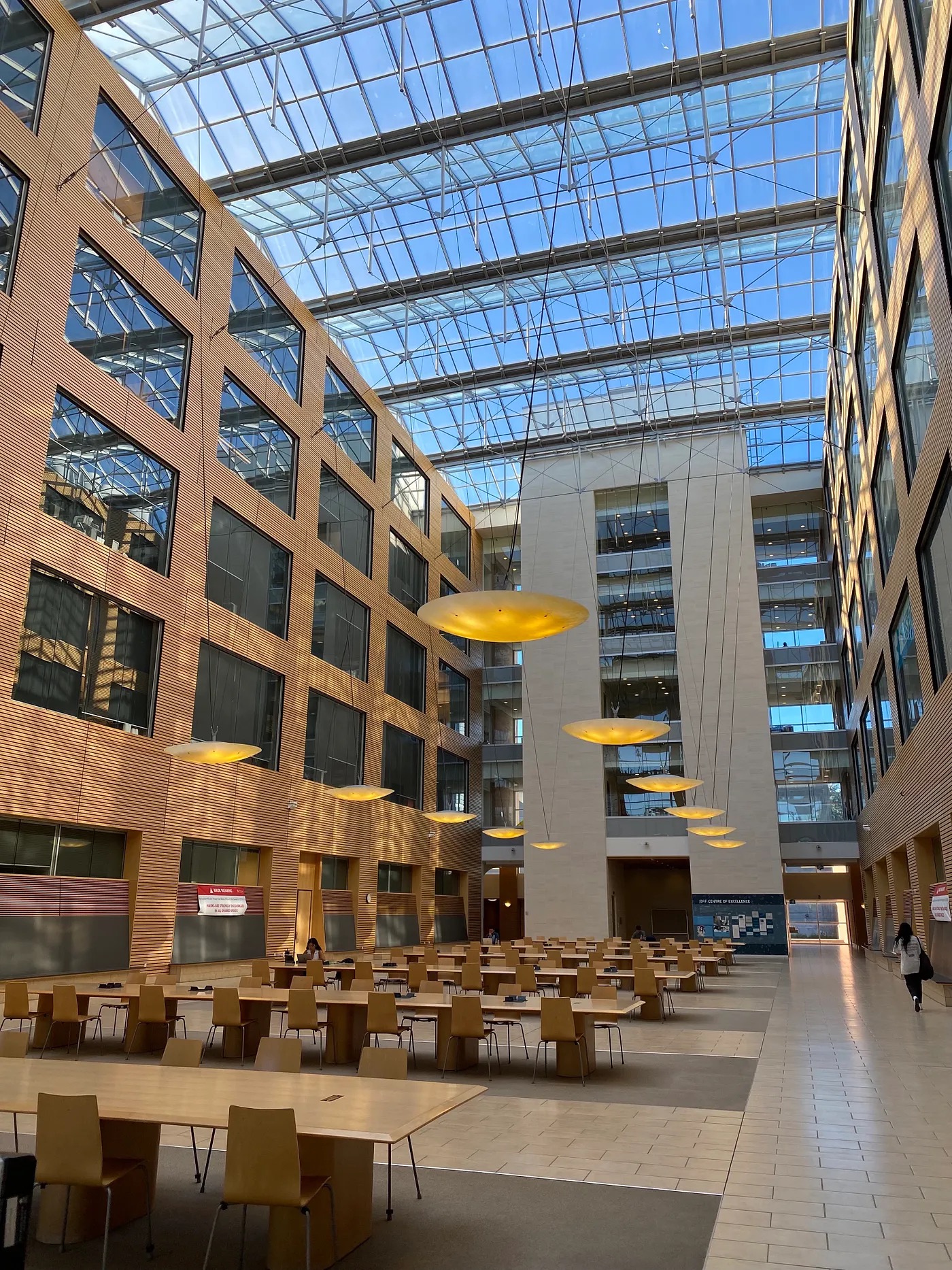Doing homework and passing exams teach you more than just the course materials, but they also train you to be a motivated problem-solver.
“One day, I’ll work at AbCellera”, I told my partner. I didn’t want to spend my entire career working in a medical laboratory, performing repetitive tasks, and being stuck in a routine. I wanted more variety in my work, a chance to analyze and troubleshoot complex issues, and contribute to innovations that could make a real impact—whether through discovering new treatments, helping develop vaccines, or being part of a team that pushes the boundaries of science. That was my dream back in 2020, a year after graduating from the University of British Columbia (UBC) with a Bachelor of Science in microbiology, and shortly after I started working at Vancouver General Hospital. The excitement of being in the field I studied and the opportunity to contribute meaningfully to medical science energized me, and I started to envision a future with greater professional fulfillment and growth.
Fast forward two years later, an advertisement from the UBC Master of Data Science (MDS) program popped up on my Facebook feed and it said “in just 10 months, learn to translate data into knowledge and drive meaningful change for business decisions-makers across multiple sectors”. It immediately grabbed my attention. In less than a year, I could be working in a fast-paced environment, solving data-related challenges, and contributing to the rapidly evolving tech landscape. The idea seemed like a practical step toward reaching new heights in my career. Without hesitation, I applied. Two months later, I received my acceptance email, and I was excited to embrace the new chapter ahead.

The Calm Before the Storm
I spent the summer before school began unwinding. I worked at my easygoing job in the medical laboratory until the end of August, then spent weekends exploring nearby destinations like Seattle and the Okanagan, known for its stunning vineyards. The program administrators had recommended taking it easy and not stressing too much about the upcoming workload, so I decided to embrace the downtime—no studying, no preparations—just a chance to enjoy life.
Orientation week was a pleasant introduction. It was mostly half-days, and I had the chance to meet some instructors and classmates in an informal setting. There was even free catered lunch. So far, so good!

The Storm Arrives
The first day of classes was a real eye-opener. My instructors zipped through PowerPoint slides during lectures, much like a chef hurriedly tossing ingredients into a pan, racing against the clock. It was a stark contrast to my undergraduate days, where slides lingered longer, allowing for in-depth explanations and examples. Back then, homework closely followed lecture content, reinforcing what we had just learned. Now, lectures provide a broad foundation, encouraging us to think critically and connect the dots independently. Laboratory assignments, while challenging, push us beyond surface-level understanding, helping us develop problem-solving skills and a deeper grasp of the material.
But now, I began to notice that the materials covered in lectures felt like just the beginning, with much more deeper exploration awaiting for me in the laboratory assignments. The contrast between lectures and laboratories seemed more distinct than I had anticipated. The lecture content provided an overview, while the labs introduced more complex, challenging tasks that required a great deal of independent problem-solving. The pressure was on, and it felt like I was constantly balancing theory with practical application, often without a clear roadmap for how to approach the challenges. Although the path wasn’t always clear, I always knew that the help was available whenever I needed it.
It was a difficult period. For the first time in my academic journey, I found myself with no time to unwind outside of class. I was in full study mode for over 16 hours a day, squeezing in sessions during my one-hour commute and even listening to lectures while in the shower. The stress seemed never-ending, and the thought of quitting crossed my mind more often than I’d like to admit.
I wasn’t alone in this struggle. Many of my classmates were balancing even greater personal challenges—some had young children or full-time jobs. How they managed to juggle all of that along with their studies amazed me, but I knew that without those extra stressors in my life, I had to find a way to push through.
I was fortunate to have a family that took care of meals, laundry, and chores, allowing me to focus entirely on my studies. Unlike some of my classmates who were adjusting to life in Canada and navigating language barriers, I didn’t have those extra challenges. Even so, I found myself facing difficulties I’d never encountered before. Throughout my education, I’d always been a straight-A student, but this graduate program was proving to be a whole new level of challenge.
The Eye of the Storm
Finally, winter break arrived, and I took a much-needed escape to Thailand for three and a half weeks. I spent my days soaking up the sun on the beach, indulging in tropical fruits like papayas and mangoes, and enjoying relaxing massages. It was exactly what I needed—time to recharge, reset, and catch up on sleep.
During this time, I also found space to reflect on my academic journey and career goals. I wondered why I was putting myself through this ‘bootcamp’ and if I should just walk away. But then, as I was thinking it over, a little voice inside me reminded me not to give up, to keep pushing forward, and to embrace the journey. It was my Eureka! moment.

I realized that this academic journey was not a sprint but a marathon. It wasn’t just about memorizing lecture content or meeting deadlines for assignments. It was about learning the skills to succeed beyond the classroom-skills like problem-solving, research, networking, communication, and stress management. These general life skills are applicable to almost any discipline and can be critical in any career.
In data science, for instance, the field is always evolving. While the core principles—like data structures and optimization techniques-remain, their applications and implications on society change rapidly. An education can’t always teach us everything, but it can train us to develop the skills we need to adapt and thrive in an ever-changing world.
I reflected on how diverse teams, such as those fighting the COVID-19 pandemic, must work together. Scientists, doctors, policymakers, and logistics experts all play vital roles. If they don’t collaborate effectively, success is nearly impossible. Similarly, in my journey, the lessons I’m learning aren’t just technical; they also shape how I approach complex problems and teamwork.
The Storm Continues
With five months left in the MDS program, I’m starting to see the light at the end of the tunnel. I still have a few classes and a big capstone project ahead of me, but I feel more confident in managing the workload. I understand my instructors’ expectations better, I know how to cope with stress, and I’ve developed the tools and strategies to approach new challenges.
I’ve built a strong support network-friends, family, and classmates who understand the ups and downs of this journey. The connections I’ve made will be invaluable as I transition from school to my career in data science. And the support I’ve received from my partner and my family has been indispensable.

Summary and Final Thoughts
The journey to career success is a long and convoluted one, but there are steps you can take to make it more manageable:
- Prepare in advance: Get a head start by refreshing key concepts you might not have used recently, or by learning them if they’re new to you. Focus on areas like differential calculus, probability & statistics, and programming techniques.
- Establish a routine: Create a study routine and a distraction-free environment that helps you stay focused. A solid routine ensures you spend less time switching tasks and more time making progress, while a comfortable study space keeps you from getting sidetracked.
- Build your support network: Identify who’s in your corner and let them know how they can help. Your support network doesn’t have to be large—just one or two people who can provide encouragement and assistance along the way.
- Schedule regular breaks: Plan breaks and activities you look forward to. Regular pauses are crucial for keeping your mind fresh and helping you absorb new information. Having something enjoyable to look forward to, like a nice dinner or a weekend getaway, can also help you stay energized and clear-headed.
- Network strategically: Build connections with classmates, instructors, and industry professionals. These relationships will be invaluable throughout the program and as you transition into your career. They understand the challenges you’re facing and can offer support that others outside the program may not be able to provide.
- Celebrate small wins: Take time to recognize and celebrate the small achievements that keep you motivated. Whether it’s completing a tough programming assignment or successfully training your puppy, these moments of progress are worth acknowledging and help you stay positive.
Do I have any regrets now? No. Do I still want to work at AbCellera and make a meaningful contribution to science and innovation? Absolutely! Do I think I will succeed? While I can’t predict the future, I’m more optimistic than I was before, and I’m ready to keep learning and developing the skills that will help me achieve my goals.
Thank you for taking the time to read my article. Please feel free to reach out if you’d like to discuss your academic journey, or if you’d like to share your wisdom for learning and succeeding. Also, you can find me on LinkedIn here.